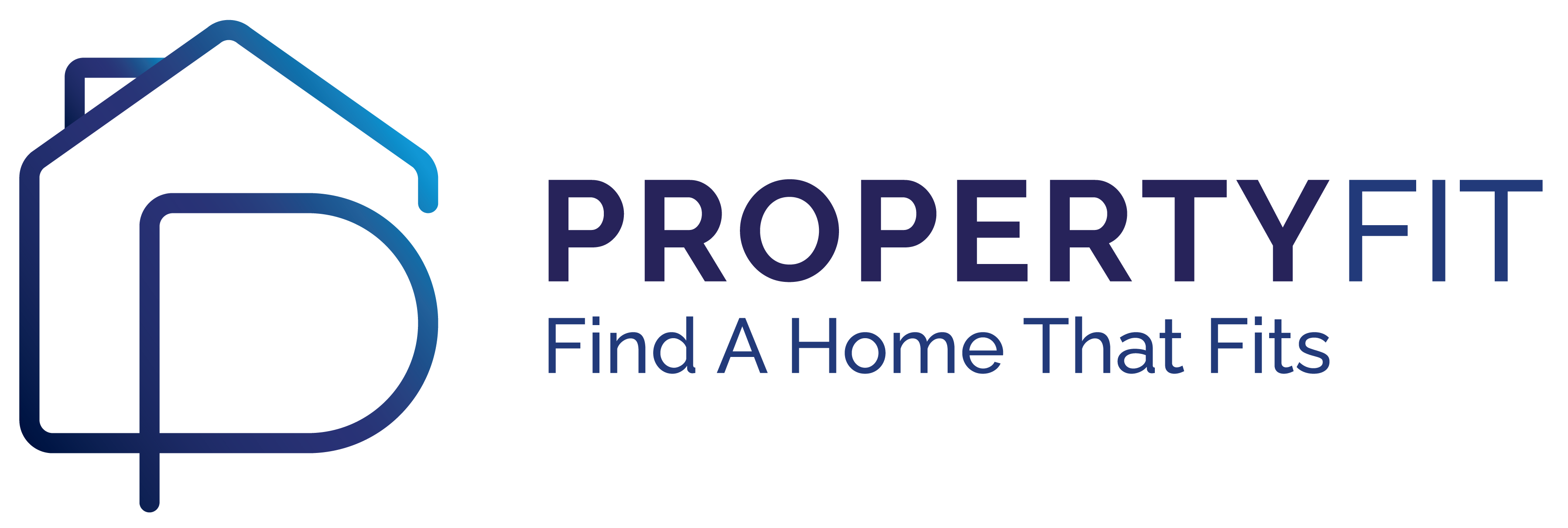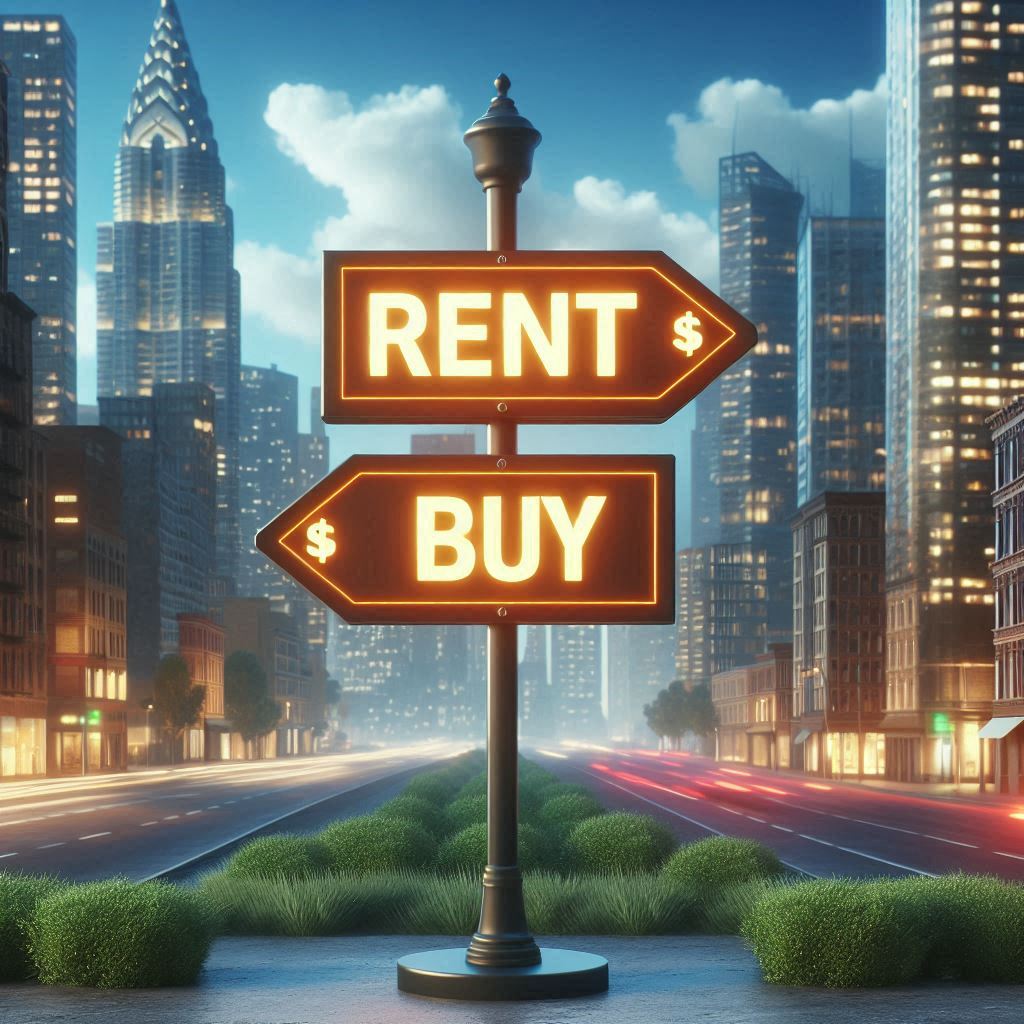Deciding whether to rent or buy a property in Bangkok is a big decision that depends on your personal situation and long-term goals. Both renting and buying come with their own advantages and challenges. If you’re trying to figure out what’s best for you, this guide breaks down the pros and cons of each to help you make a more informed choice.
The Pros of Renting in Bangkok
1. Flexibility
One of the biggest advantages of renting is flexibility. If you’re unsure how long you’ll stay in Bangkok or like the idea of moving around, renting allows you to easily switch neighborhoods or upgrade to a different apartment without the long-term commitment of owning a home.
- Example: If your job situation changes or you want to explore a new area, renting makes it easy to pack up and move with minimal hassle.
2. Lower Upfront Costs
Renting typically requires less upfront investment compared to buying. You’ll usually need to pay a deposit (2 months’ rent) and the first month’s rent, whereas buying involves a down payment, taxes, and legal fees.
- Example: If you’re new to Bangkok or on a budget, renting lets you settle into the city without draining your savings.
3. No Maintenance Worries
When you rent, the responsibility for repairs and maintenance typically falls on the landlord. If something breaks down or needs fixing, all you have to do is notify your landlord, saving you both time and money.
- Example: If the air conditioning stops working or the plumbing needs attention, your landlord will take care of it at no cost to you.
The Cons of Renting in Bangkok
1. No Long-Term Investment
While renting offers flexibility, it doesn’t build long-term equity. When you rent, the money you pay each month goes directly to the landlord, and you don’t gain any ownership in return. Over time, this can feel like missed financial opportunity.
- Example: After renting for several years, you may look back and realize you could have used that money towards a down payment on a home.
2. Rent Increases
Rental prices in popular areas of Bangkok can rise over time, and unless you have a long-term lease, you might find your rent increasing with each renewal. This can make it harder to plan your finances long-term.
- Example: You might sign a lease for a reasonable rent, only to find the landlord raising it significantly the following year.
3. Limited Personalization
When you’re renting, you typically can’t make major changes to the property. Landlords usually prefer tenants to keep things as they are, meaning no major renovations or modifications to suit your personal taste.
- Example: You might want to repaint the walls or remodel the kitchen, but as a renter, you have to live with the existing layout and furnitures
The Pros of Buying in Bangkok
1. Building Equity
When you buy a home, your monthly mortgage payments help build equity, meaning you’re investing in something that grows in value over time. Eventually, you’ll own the property outright, which can be a great financial asset.
- Example: Over time, the value of your condo in Bangkok could increase, allowing you to sell it later for a profit or use it as a long-term investment.
2. Stability
Buying a home offers more stability, especially if you plan to stay in Bangkok long-term. You won’t have to worry about landlords increasing rent or asking you to leave at the end of a lease. You have the freedom to stay as long as you want.
- Example: If you’re settled in Bangkok with a stable job or family, owning a property offers security and peace of mind.
3. Freedom to Customize
Owning your home means you can truly make it your own. You have the freedom to decorate, renovate, and personalize the space to suit your tastes and needs without needing anyone’s permission.
- Example: Want to install new fixtures, repaint the walls, or even knock down a wall to create more space? As a homeowner, you can do it all.
The Cons of Buying in Bangkok
1. Higher Upfront Costs
Buying a property requires a substantial upfront investment. You’ll need to pay a down payment (usually 10-30% of the property’s value), along with taxes, legal fees, and other related costs, which can add up quickly.
- Example: If you’re thinking of buying, make sure you have enough savings to cover not just the down payment, but also additional costs like property taxes.
2. Long-Term Commitment
Buying a property is a long-term commitment. It can take years before you build significant equity or see an increase in property value. If you need to move or sell the property within a few years, you might not make a profit or could even lose money.
- Example: If your job requires you to relocate unexpectedly, selling your property quickly might result in a financial loss.
3. Responsibility for Maintenance
As a homeowner, you’re responsible for all the repairs and maintenance, from fixing broken appliances to major renovations. This can be time-consuming and expensive, especially for older properties.
- Example: If the air conditioning breaks down, the cost of repairs or replacement is entirely on you as the homeowner.
Conclusion
Both renting and buying in Bangkok have their advantages and challenges. Renting offers flexibility and lower upfront costs, making it ideal for people who aren’t ready to commit to a long-term home. On the other hand, buying allows you to build equity and enjoy the stability of owning a home, but it requires a bigger financial commitment upfront. Ultimately, the decision depends on your lifestyle, financial situation, and long-term plans.





